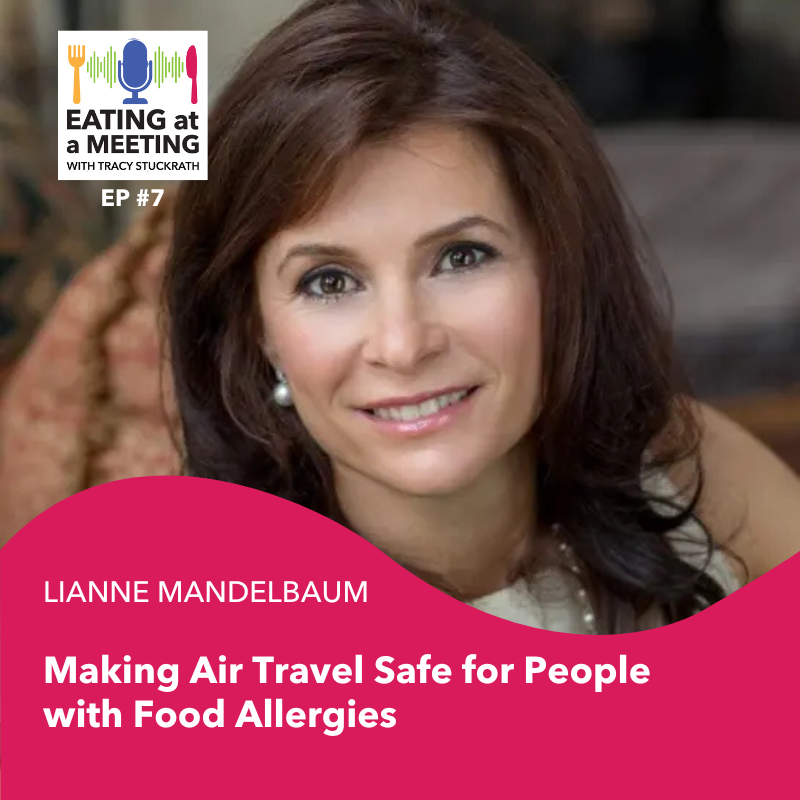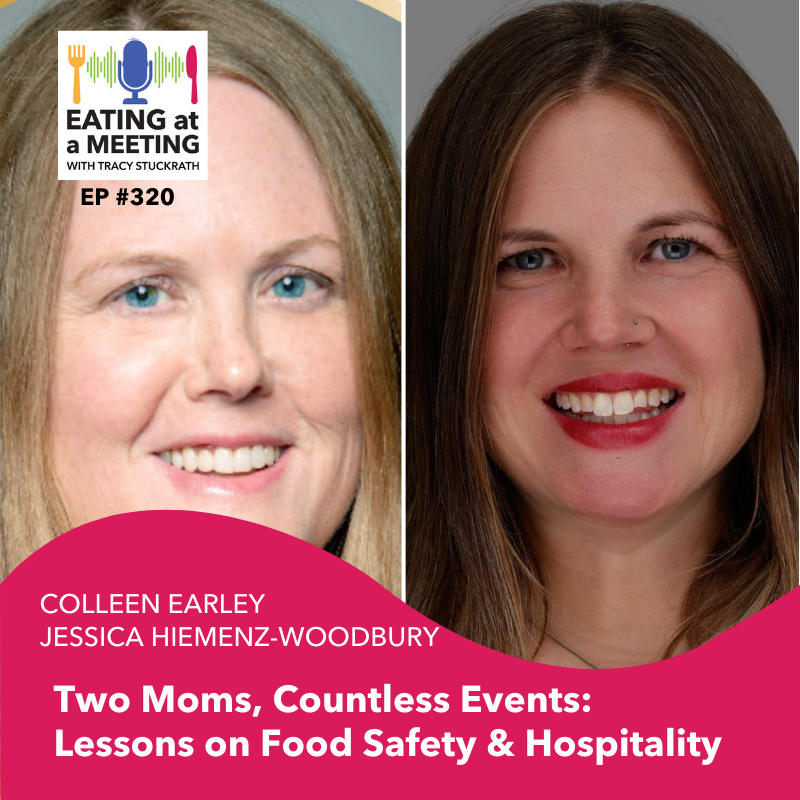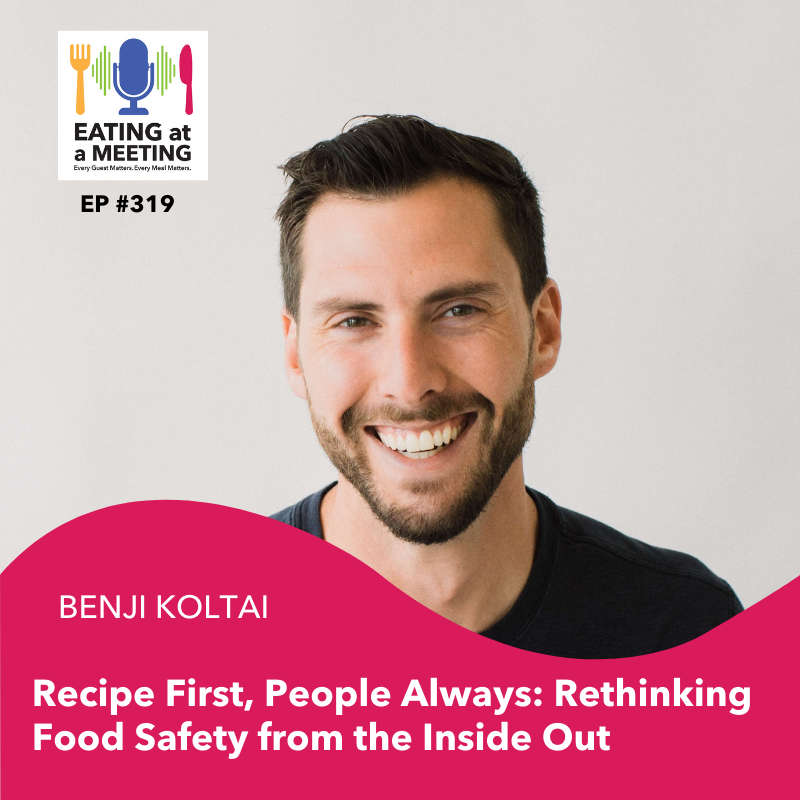211: Ensuring Equal Access: How ADA Law Applies to Food and Beverage at Events

Join me for a special episode of the #EatingAtAMeeting podcast! 🎙️ On the 33rd anniversary of the Americans with Disabilities Act (ADA), I am thrilled to have Attorney Laurel Francoeur as my guest. 🎉 She will highlight a crucial topic...
Join me for a special episode of the #EatingAtAMeeting podcast! 🎙️ On the 33rd anniversary of the Americans with Disabilities Act (ADA), I am thrilled to have Attorney Laurel Francoeur as my guest. 🎉 She will highlight a crucial topic affecting many event organizers, food service providers, and attendees - "Ensuring Equal Access: How ADA Law Applies to Food and Beverage at Events."
In this episode, Laurel Francoeur, a renowned expert in disability law, will delve into the intricacies of the Americans with Disabilities Act (ADA) and its impact on event catering. 🍽️ With a focus on food allergies and other dietary needs, she will explain how the ADA safeguards the rights of attendees, ensuring they have equal access to suitable and safe food and beverage options.
Whether you're a seasoned #EventProf, #Caterer, or #Chef, this podcast episode is a must-listen! Learn about the legal responsibilities of event organizers and #FoodService and how to provide inclusive culinary experiences for all attendees. 🍰🥗 Gain valuable insights on navigating potential challenges and fostering an environment where everyone can fully participate and enjoy.
Don't miss this informative conversation on #EqualAccess and the ADA's significant role in supporting attendees with diverse dietary requirements. Tune in now and be a part of the movement toward more inclusive events! 🎧📲
Connect with Tracy:
facebook.com/groups/EatingataMeeting
thrivemeetings.com
Like what you heard? Subscribe to our newsletter for more episodes and insider content delivered right to your inbox!

Attorney
Laurel Francoeur is a dedicated attorney with a passion for advocating for individuals and families affected by food allergies. Francoeur Law Office is a legal practice founded and led by specializing in providing comprehensive legal services tailored to the unique needs and challenges of clients dealing with food allergy-related issues. Located in Massachusetts, Francoeur Law Office serves clients across the country and beyond, offering a range of legal services focused on areas such as:





